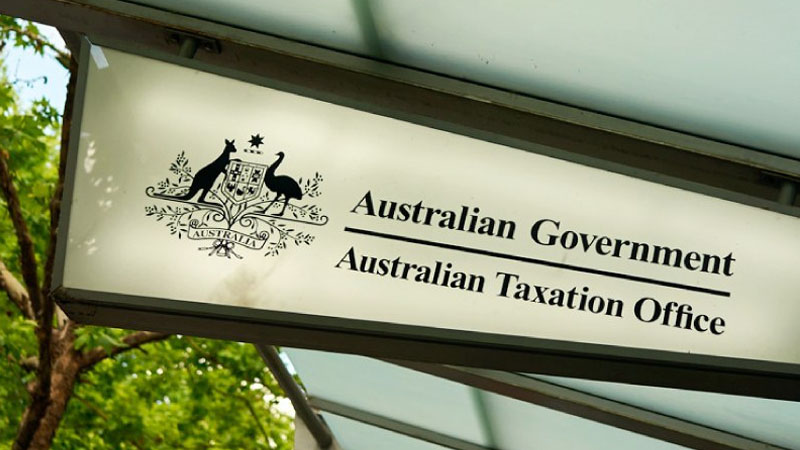ATO addresses outsourcing queries with auditor independence
The ATO has shed further light on its stance on a common outsourcing arrangement in the SMSF industry in relation to the auditor independence standards.
A number of specialists in the SMSF industry have been seeking further guidance on what the ATO’s position is in regard to arrangements where a specialist SMSF firm prepares the financial statements and conducts the audit but another business is the tax agent.
Last month, Heffron managing director Meg Heffron noted that this is a common arrangement for accounting firms that outsource their SMSF work but continue to manage the client relationship.
To explain the arrangement, Ms Heffron gave an example of a tax agent, called XYZ Pty Ltd, and a specialist firm, called ABC Pty Ltd, who prepares the financial statements and audit also.
“In this case, the referring accountant is XYZ Pty Ltd and the firm to which they have outsourced is ABC Pty Ltd,” she said.
“Conceptually, the argument for allowing this to continue is that there is a second firm (XYZ Pty Ltd) providing expert oversight and taking ultimate responsibility for the financial statements, even though they were both prepared and audited by ABC Pty Ltd.”
She also clarified that those who hold this view don’t try to claim that ABC Pty Ltd is providing a routine or mechanical service when preparing the financial statements.
Responding to a question regarding this type of scenario and whether it would comply with the auditor independence standards, ATO director, SMSF auditors portfolio, Kellie Grant said the specialist firm in this scenario would either need to drop the management responsibilities for the SMSF or offload the auditing function.
“I don’t think a firm like that could continue to offer the funds those sorts of services as well as the audit. I think it would contravene that rule in the code that a firm shouldn’t be taking on the management responsibilities for the audit client,” Ms Grant explained in a Chartered Accountants Australia and New Zealand (CA ANZ) video.
Ms Grant pointed out that the firm would be undertaking a lot of coding and transactions and that the trustees would not be taking on the responsibility for the financial statements in this situation.
“So, yes, I think they would have an independence issue,” she stated.
Speaking in the same video, CA ANZ assurance and reporting leader Amir Ghandar added that while there is another firm involved in this scenario, this is where the definition of routine and mechanical work comes into play within the code.
Routine and mechanical services, he said, can be described “as not requiring substantial professional judgement or really much professional judgement”.
Mr Ghandar said while the preparation of financial statements may not involve a lot of professional judgement in some cases, the two firms involved would also need to examine other potential threats to independence such as the relationship between the firms.
“[For example], is it a relationship where all the clients are shares? In which case, there’s a whole another part of the code that covers that,” he said.
“What about if the firm that’s doing the audit and bookkeeping also takes on some other services or takes on some other potential responsibilities around the fund? Again, that’s getting into a different situation.”

Miranda Brownlee
Miranda Brownlee is the deputy editor of SMSF Adviser, which is the leading source of news, strategy and educational content for professionals working in the SMSF sector.
Since joining the team in 2014, Miranda has been responsible for breaking some of the biggest superannuation stories in Australia, and has reported extensively on technical strategy and legislative updates.
Miranda also has broad business and financial services reporting experience, having written for titles including Investor Daily, ifa and Accountants Daily.








